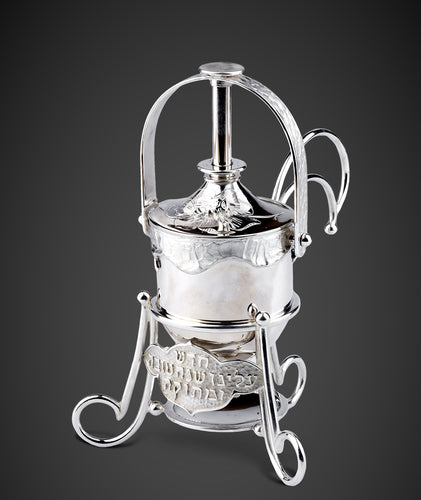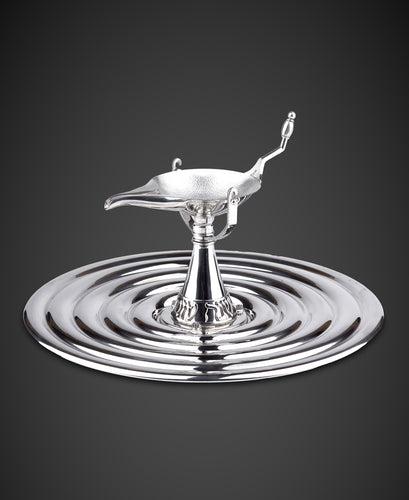Rosh Hashanah
Rosh Hashanah is the start of the civil year in the Hebrew calendar. It is observed
on the first day of Tishrei, the seventh month of the Hebrew calendar. Rosh
Hashanah represents either analogically or literally the creation of the World.
However, according to one view in the Talmud, Rosh Hashanah commemorates
the creation of man, which means that five days earlier, the 25th of Elul, was the
first day of creation of the world. Rosh Hashanah is the first of the High Holidays
or Yamim Noraim. The Talmud in Masechet Rosh Hashanah states that three
books of account are opened on Rosh Hashanah, wherein the fate of the wicked,
the righteous, and those of an intermediate class are recorded. The names of the
righteous are immediately inscribed in the book of life, and they are sealed “to
live.” The middle group is allowed a respite of ten days, until Yom Kippur, to repent
and become righteous; the wicked are “blotted out of the book of the living.”
on the first day of Tishrei, the seventh month of the Hebrew calendar. Rosh
Hashanah represents either analogically or literally the creation of the World.
However, according to one view in the Talmud, Rosh Hashanah commemorates
the creation of man, which means that five days earlier, the 25th of Elul, was the
first day of creation of the world. Rosh Hashanah is the first of the High Holidays
or Yamim Noraim. The Talmud in Masechet Rosh Hashanah states that three
books of account are opened on Rosh Hashanah, wherein the fate of the wicked,
the righteous, and those of an intermediate class are recorded. The names of the
righteous are immediately inscribed in the book of life, and they are sealed “to
live.” The middle group is allowed a respite of ten days, until Yom Kippur, to repent
and become righteous; the wicked are “blotted out of the book of the living.”


